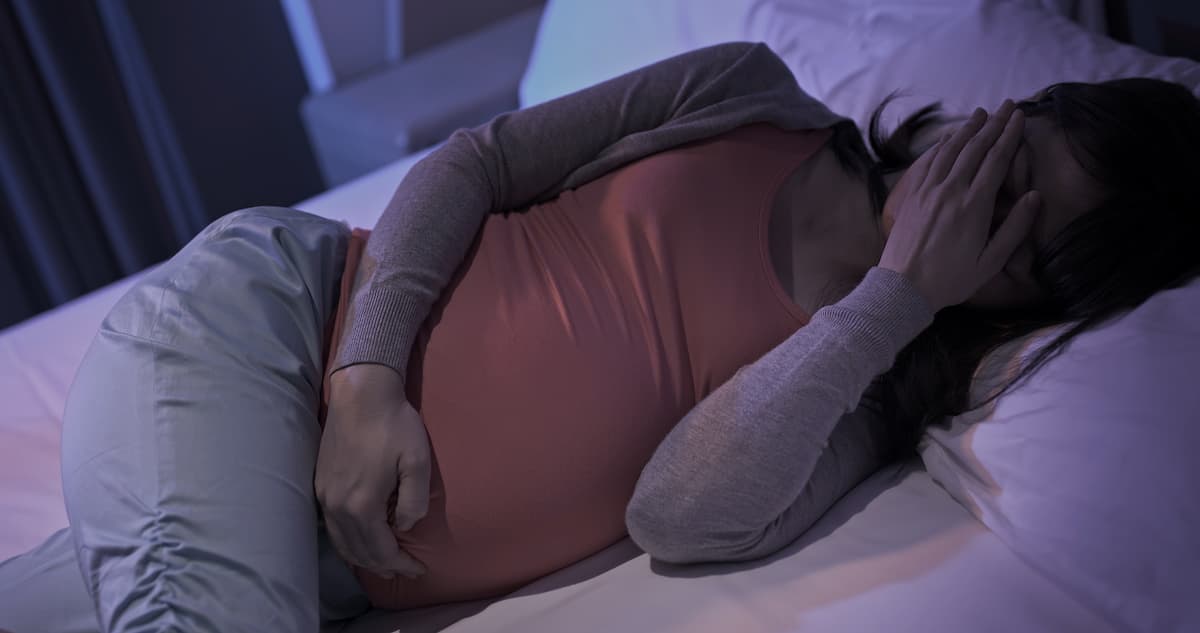- Clinical Technology
- Adult Immunization
- Hepatology
- Pediatric Immunization
- Screening
- Psychiatry
- Allergy
- Women's Health
- Cardiology
- Pediatrics
- Dermatology
- Endocrinology
- Pain Management
- Gastroenterology
- Infectious Disease
- Obesity Medicine
- Rheumatology
- Nephrology
- Neurology
- Pulmonology
Depression Linked to Hormonal Contraception Associated with Higher Risk of Postpartum Depression in Large Study of First-time Mothers
Women with prior HC-associated depression had a higher risk of developing a depressive episode during pregnancy and postpartum than women with non-HC-associated depression.

In a new cohort study of nearly 190 000 first-time mothers, women with a history of hormonal contraception (HC)-associated depression had a higher risk of developing a depressive episode during pregnancy and postpartum compared to women with non-HC-associated depression.
According to findings published online April 26, 2023, in JAMA Psychiatry, women with HC-associated depression had more depressive episodes than women with non-HC-associated depression, with 63.4% vs 38.6% having had reported ≥1 episode, respectively. Women with HC-associated depression also had a higher risk of postpartum depression (PPD) than women with prior non–HC-associated depression (crude odds ratio [OR] 1.42, 95% CI 1.24-1.64; adjusted OR [aOR] 1.35, 95% CI 1.17-1.56).
“Women experiencing depressive episodes associated with hormonal transitions may comprise a certain hormone-sensitive subgroup of women within the broader diagnostic category of major depressive disorder,” wrote first author Søren Vinther Larsen, MD, of Copenhagen University Hospital in Denmark, and colleagues. “We examined whether such depressive episodes are associated with one another across a woman’s reproductive life span; specifically, we examined whether a history of a depressive episode associated with initiation of hormonal contraception poses a higher risk for later postpartum depression compared with a history of depression not associated with hormonal contraception initiation.”
Researchers analyzed Danish health registry data collected from 1995 to 2017 on 188 648 first-time mothersliving in Denmark who were born after 1978 and had their first delivery between January 1996 and June 2017. Investigators evaluated data from women with prior depression developed within 6 months after HC initiation and compared them with data from women with prior depression not associated with HC. For the purpose of the study, depression was defined as a hospital discharge diagnosis of depression or filling a prescription for antidepressant medication.
The primary outcome was the incidence of PPD, defined as the development of depression within 6 months after first delivery.
Findings
Among the cohort, 3% of women (mean age, 26.7 years) had a history of HC-associated depression and 9.8% (mean age, 27.1 years) had a history of depression not associated with HC.
Women with prior HC-associated depression faced a higher risk of PPD than those with prior non-HC-associated depression (aOR 1.35, 95% CI 1.17-1.56). The risk of PPD was lower among women with no previous depression compared with women with non-HC-associated depression (aOR 0.25, 95% CI 0.23-0.27).
In a sensitivity analysis excluding women who initiated HC after delivery but before they developed PPD, 40.8% of women with non-HC-associated depression initiated HC postpartum compared to 42% of women with HC-associated depression (aOR 1.44, 95% CI 1.23-1.69), according to the study results.
“Our findings contribute new evidence for an association between depressive episodes across hormonal transitions in the reproductive life span, supporting the existence of a hormone-sensitive subgroup of women,” wrote Larsen and colleagues. “Importantly, the findings do not imply that HC use leads to a higher risk of PPD but do indicate that a history of HC-associated depression may unmask PPD susceptibility, which may prove useful as a clinical tool in PPD risk stratification.”
Reference: Vinther Larsen S, Pretzmann Mikkelsen A, Lidegaard Ø, Gedso Frokjaer V. Depression associated with hormonal contraceptive use as a risk indicator for postpartum depression. JAMA Psychiatry. Published online April 26, 2023. doi:10.1001/jamapsychiatry.2023.0807.
